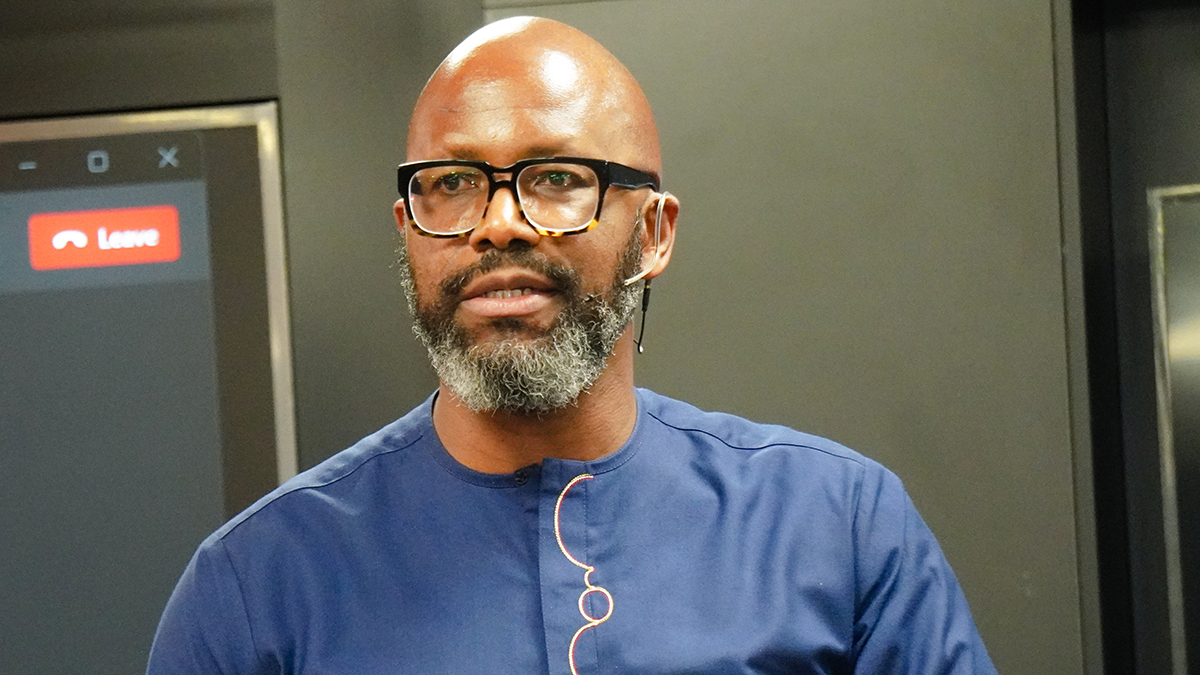MTN Group moves forward with localisation initiatives

MTN Group made significant progress in its localisation initiatives during the quarter ending September 30.
Africa's largest telecom services provider has been growing its local shareholder base in several of its operational companies most notably in Nigeria, Ghana, and Uganda.
The Johannesburg-based telco said the move is part of MTN's localisation strategy.
MTN Group released its results for the current reporting period yesterday, with Group CEO and President Ralph Mupita saying: “We continued to advance our strategic priorities, including our localisation initiatives. In third quarter (Q3), we achieved an additional 2.1% localisation in Ghana, bringing the local shareholding in Scancom PLC to 30%.
“This followed the successful sell‑down in June 2024 of a further 7% in MTN Uganda. We have now exited Guinea‑Bissau, as part of our portfolio optimisation, and work is underway to complete the exit from Guinea‑Conakry.”
Back home in South Africa, he said the company concluded the extension of its 2016 broad‑based black economic empowerment (B-BBEE) scheme operated through MTN Zakhele Futhi (MTNZF) Limited.
Mupita said: “The proposal to extend the scheme was approved by both MTN Group and MTNZF shareholders at general meetings held post the period end in October 2024. All related conditions precedent have been fulfilled.
“The extension aligns with our commitment to transformation and the creation of shared value for South Africans. It is integral to the ethos of MTN and we believe that B‑BBEE participation is important to the future success of the Group.”
Moving on to other markets, Mupita said: “We expect MTN Ghana and MTN Uganda – as significant contributors to overall Group revenue and profits – to continue to underpin our growth profile.
“The work is ongoing to turn around the performance of other markets, where operations have been hampered by economic and regulatory headwinds, as well as increased competitive aggression in some instances.”
